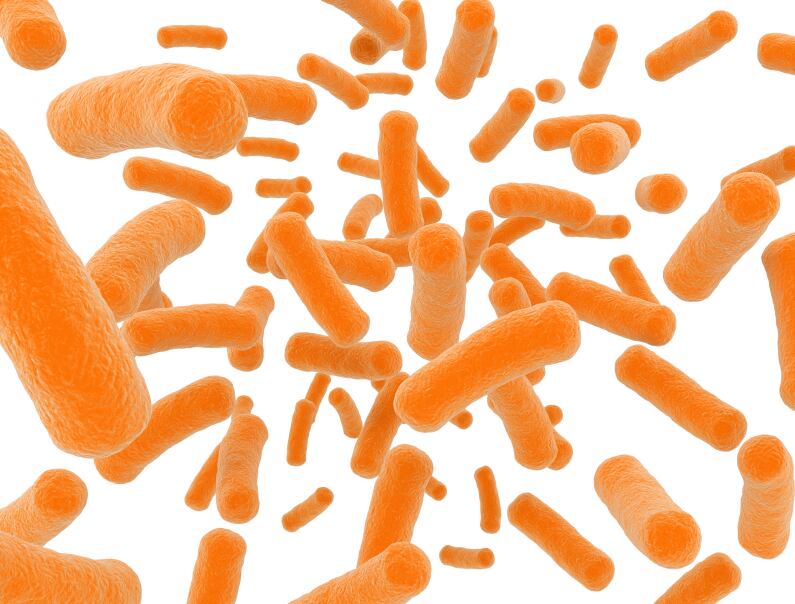The study looked at the impact of the strain Lactobacillus reuteri on conditions like necrotising enterocolitis (NEC) – a condition whereby portions of the bowel undergo tissue death – as well as enteral nutrition (EN) more broadly in this high-risk population.
According to the paper published in the Journal of Parenteral and Enteral Nutrition (JPEN) this week, time to full feeds, duration of hospitalisation and late-onset sepsis - bacterial blood stream infection like meningitis or pneumonia after the first seven days of life - were reduced in the L. reuteri group.
Its author, clinical prof Sanjay Patole, told us the results took “the field of probiotics for preterm infants another step forward" by showing that specific strains such as L. reuteri had the potential to not only reduce the risk of definite necrotising enterocolitis but also of late onset sepsis and feed intolerance.

Definite NEC carries high mortality rates of about 25% and morbidity, including recurrent sepsis, need for surgery, survival with short bowel syndrome and long-term neuro-developmental impairment in very preterm babies of gestational age less than 32 weeks.
This mortality jumps to about 45% in extremely preterm neonates with a gestational age of less than 28 weeks needing surgical intervention for the illness.
The review included six randomised controlled trials and two non-randomised controlled trials. Looking at strain-specific studies was key, the researchers said.
Both non-randomised controlled trials studies showed significant improvement in the incidence of NEC with L. reuteri supplementation.
Meanwhile mortality and second stage NEC were reduced but statistically not significant.
There were no adverse effects of supplementation.
“Optimising enteral nutrition while balancing the risk of a potentially life-threatening illness such as NEC in very preterm neonates has been a difficult task,” wrote the researchers from the King Edward Memorial Hospital, Princess Margaret Hospital for Children and the University of Western Australia in Perth.
Larger definitive randomised controlled trials were now needed to confirm the findings.
Source: Journal of Parenteral and Enteral Nutrition (JPEN)
Published online ahead of print, doi: 10.1177/0148607115588113
“Lactobacillus reuteri DSM 17938 as a Probiotic for Preterm Neonates: A Strain-Specific Systematic Review”
Authors: G. Athalye-Jape, S. Rao and S. Patole
